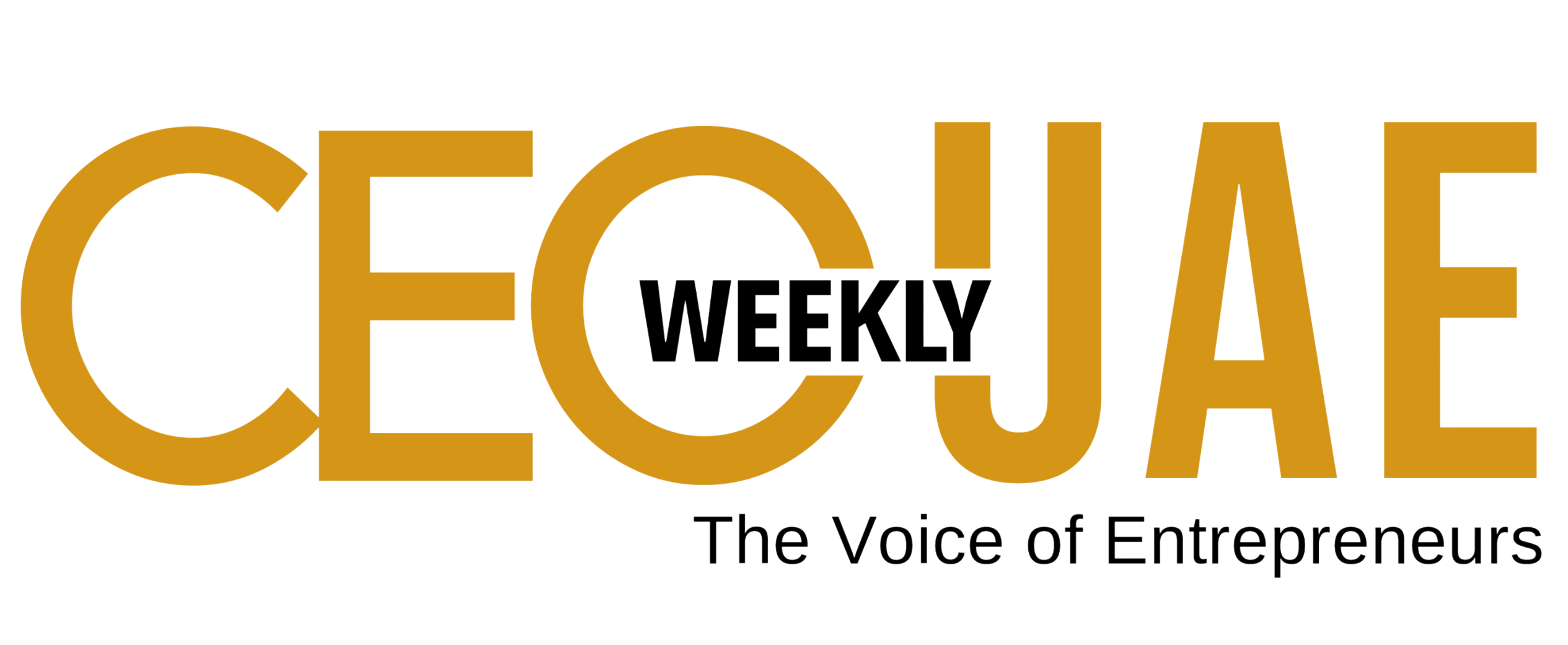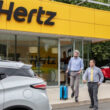Dubai: Amidst the escalating Red Sea tensions, businesses in the UAE are actively seeking alternative markets to counter the escalating costs associated with shipments from Europe and the prolonged transit times via the Cape of Good Hope.
Following recent Red Sea incidents involving the US and the UK launching strikes against Houthi targets, shipping costs from Europe to UAE ports have surged by over $1,000 per TEU (20-foot container). This surge has also led to cost hikes in other sectors, with shipments from Dubai to Jeddah experiencing a sharp increase in recent days.
In response, UAE businesses that traditionally sourced from Europe are swiftly securing deals with alternative suppliers, including reaching out to Turkish suppliers for short-term requirements. Additionally, they are exploring alternative freight transportation options such as rail, trucks, or air to ensure timely delivery, considering the increasing demand for rail service through the CIS countries.
“Securing supplies up to the end of April is crucial for UAE and Gulf businesses, especially with Ramadan starting from mid-March,” emphasized a trader. “Confirmed supplies delivered by the first or second week of March are necessary to avoid disruptions. Potential further sea freight cost increases also need addressing.”
To mitigate costs, shipping companies and importers in the UAE are adopting a “multi-modal” approach, combining sea and other modes of transport. Rosh Manoli, Vice-President of freight Forwarding at Consolidated Shipping Services, highlighted, “There are options available for UAE businesses to bring in goods faster, surpassing the additional 15-18 days it takes for ships to navigate the Cape of Good Hope.”
Shippers are proactively seeking alternate ways to control costs, and this trend is expected to unfold in the coming days. Haris Shaikh of Gallop Shipping explained that similar efforts are underway for goods destined for Europe from Asia, with Chinese exporters exploring Sino-Euro rail options through the CIS to clear orders before the Chinese New Year.
The UAE to Jeddah route has witnessed significant shipping cost increases, prompting businesses to explore cost-effective alternatives. The Red Sea issue has led to increased shipments arriving in Dubai, with transportation to Saudi Arabia via road on the rise. Multimodal transport has surged, and since customs duties are unified, overland freight options to Saudi Arabia remain competitive.
Despite short-term pressures, some UAE businesses are maintaining relationships with European suppliers due to contractual obligations and long-standing partnerships. Tizian Raab, spokesperson for Azizi Developments, explained, “Many deals were negotiated before the most substantial inflationary impact in Europe. As a developer, we have decided to absorb increased procurement costs from Europe, considering the quality of their products.”









